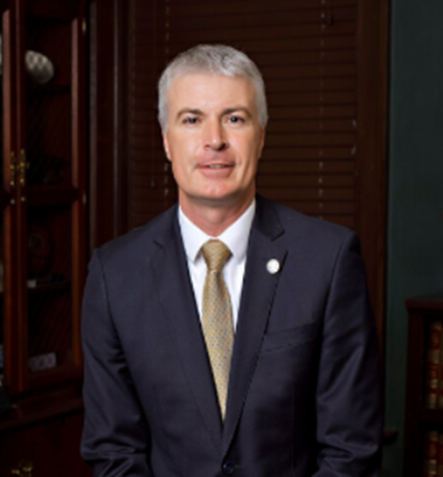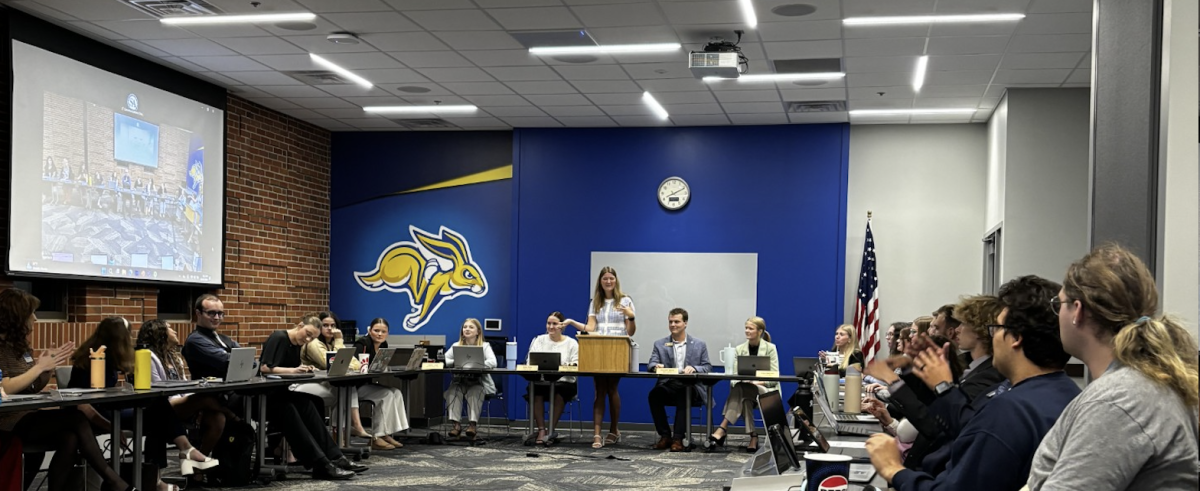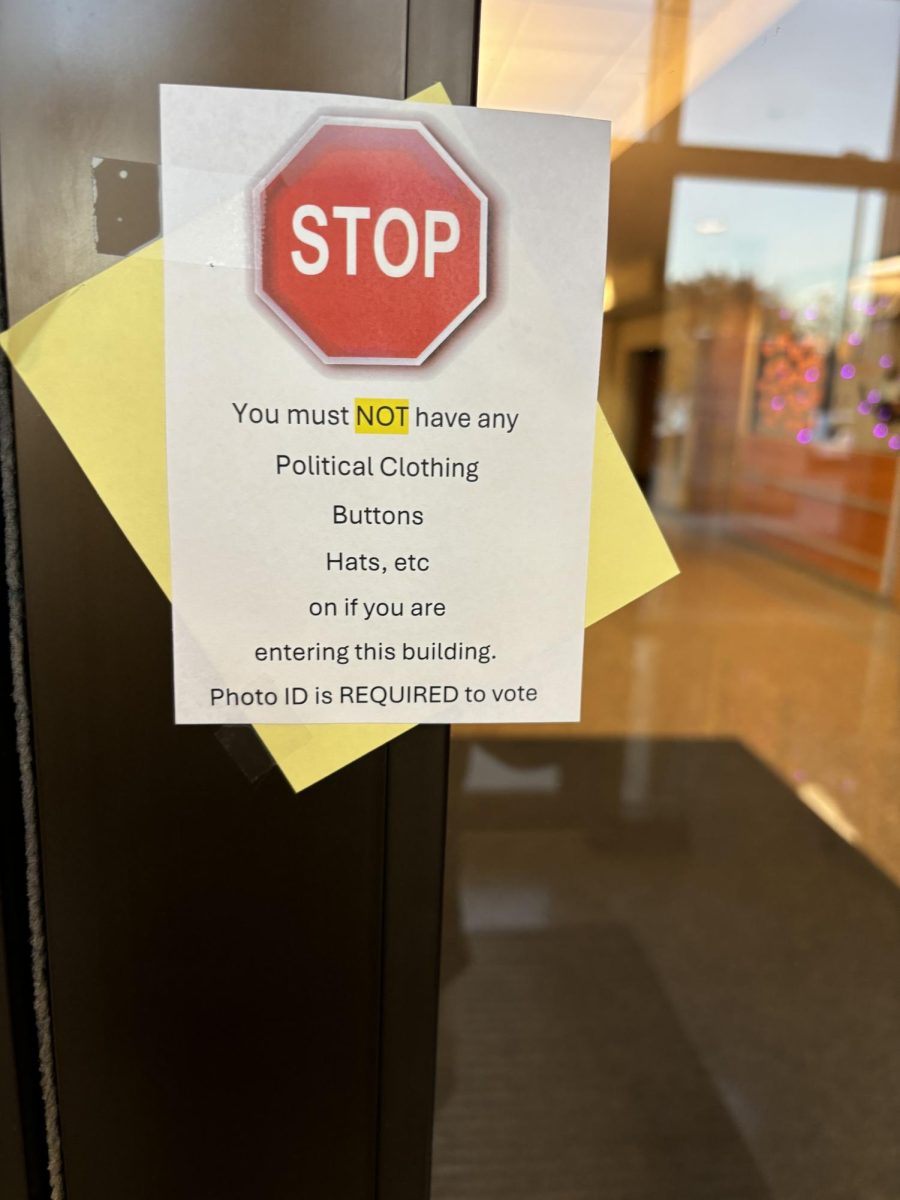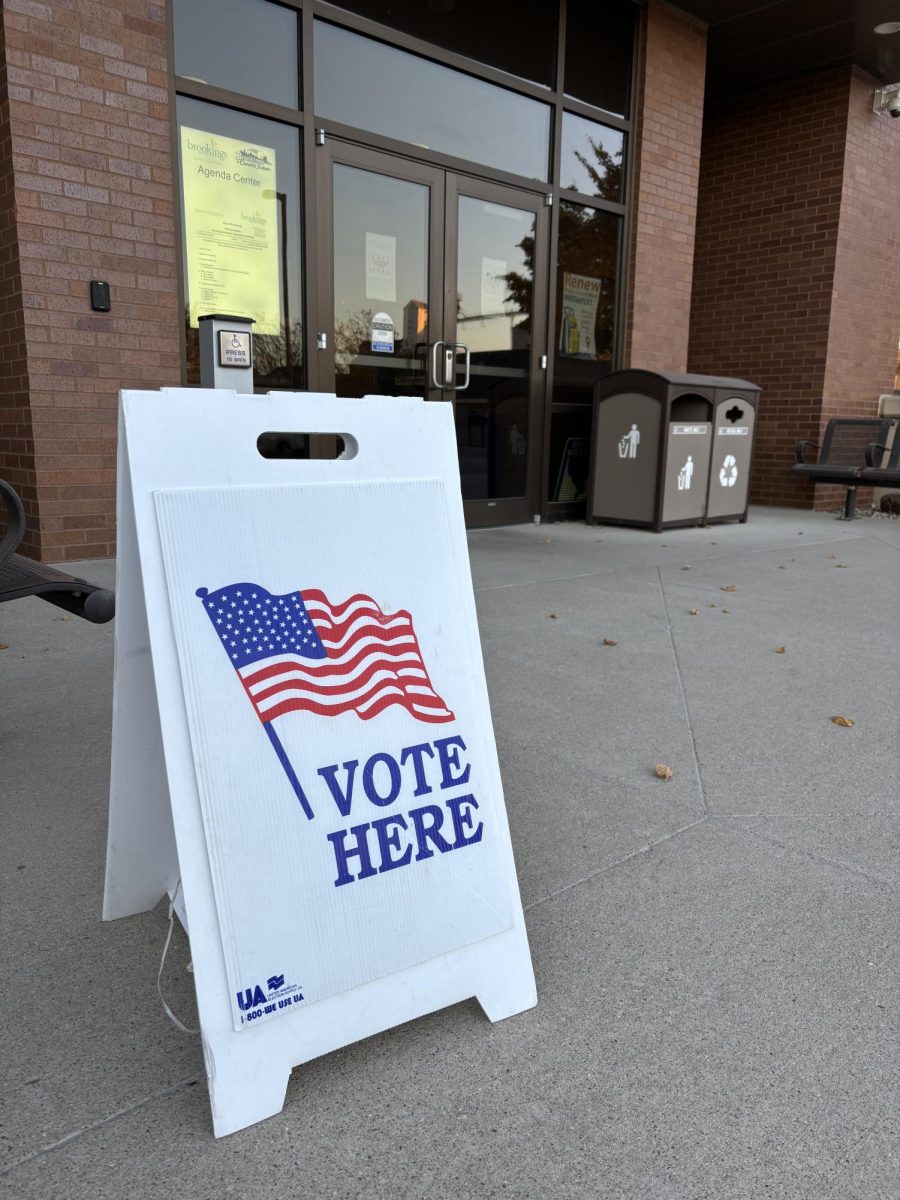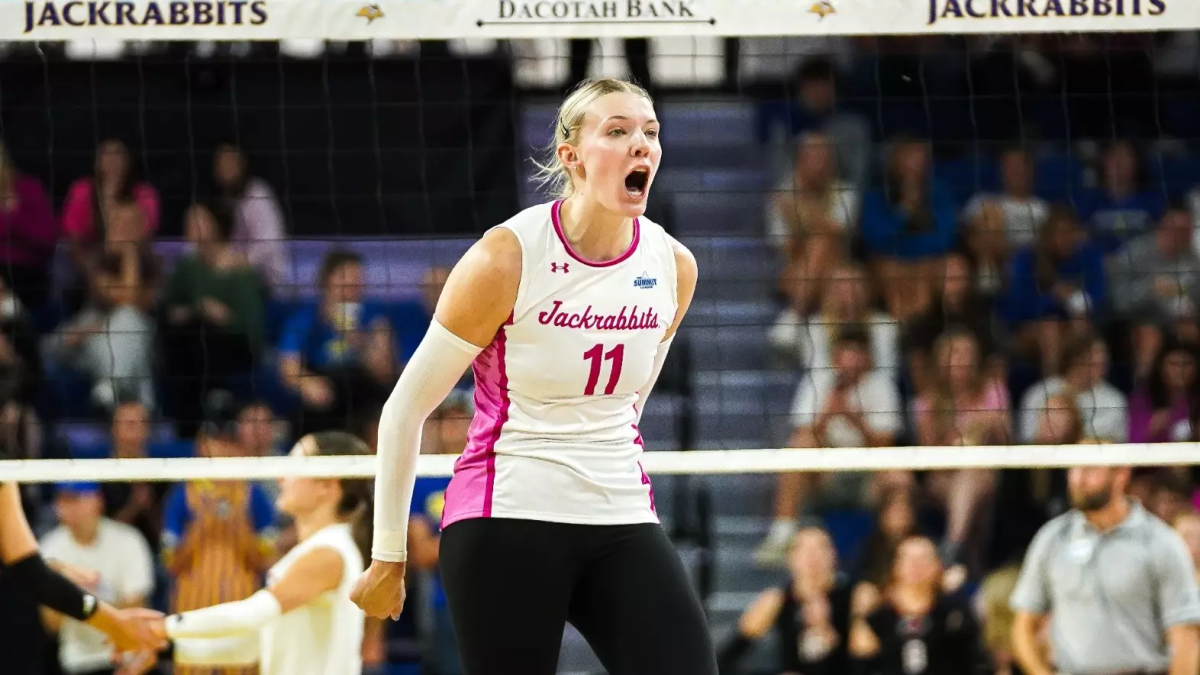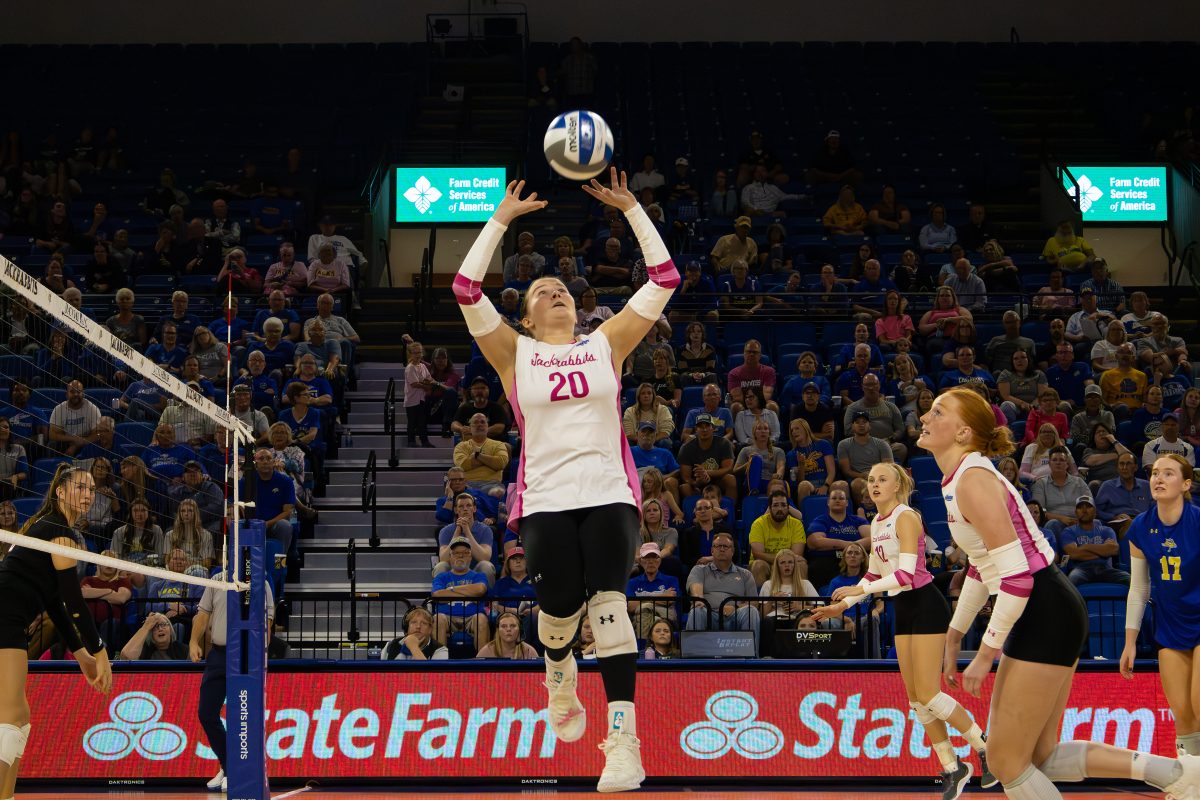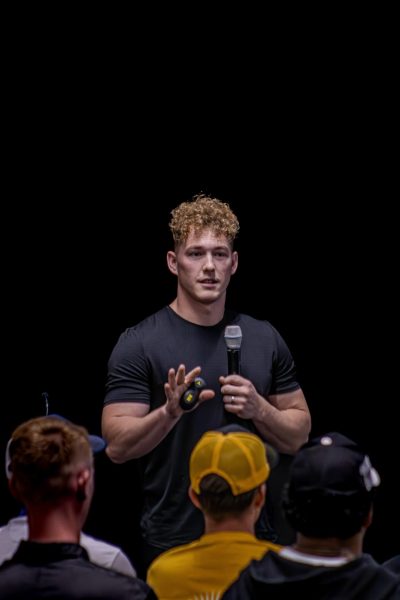Campus group pushes for sexual assault training
April 24, 2012
National statistics say that one out of every three women in college has been sexually assaulted. Studies have also shown that as many as 60 percent of sexual assaults go unreported and as many as two out of every three sexual assaults is committed by someone the victim knows.
The first six weeks of a college student’s time on campus are one of the most important times in their career. Those six weeks are also the time when a woman is most vulnerable to sexual assault. SDSU is not immune to the problem.
“I think it’s important to remember that sexual assault happens at all campuses,” said Deb Johnson the clinical counseling supervisor. “It’s a common trauma that we deal with here.”
Last week the SDSU Campus Women’s Coalition sponsored “The Week to End Violence.” The event’s goal was to raise awareness about the issues surrounding sexual assault and domestic violence — an issue that the Campus Women’s Coalition feels SDSU isn’t doing enough about.
Libby Trammell, the president of the Campus Women’s Coalition, said the organization has been trying to get some form of sexual assault awareness training built into orientation. “We think it’s almost negligent for the university not to address the issue,” Trammell said.
Doug Wermedal, assistant vice president for Student Affairs, said there are good reasons why the topic isn’t covered at orientation.
“Students and parents are not typically focused on those issues at orientation,” he said. “People are more focused on what classes they have and where their classes are.”
Wermedal went on to say most freshmen will get the training as part of Residential Life programing. He also said SDSU tries to make sure Residence Hall staff are fully trained on what to do in the event someone has been sexually assaulted comes to them for help.
“We have a program called Fight Like a Girl that is used by many (Residence Halls),” Wermedal said. “It’s a big part of Community Assistant training.”
SDSU’s Director of Orientation Adam Karnopp said another reason sexual assault is not specifically covered at orientation is limited time. The orientation program usually starts around 2 p.m. on the first day and is over by 5 p.m. on the second day and there is a lot to squeeze into that time frame.
“The topic is touched on,” he said.
According to Karnopp there is at least one program every year that focuses on the transition into college life. He said there is a lot of focus on alcohol awareness and sexual assault is touched on as part of the consequences of drinking.
“We would like to cover everything, but we can’t,” Karnopp said.
One of the Campus Women’s Coalition concerns is making sure people know that there are victims of sexual assault on campus and that those who are victims know that they are not alone.
“I know for a fact that there are girls on this campus that haven’t reported being raped,” said Senia Hiltunen, secretary of the Campus Women’s Coalition, who said she herself has been a victim of sexual assault.
The SDSU Counseling Center offers counseling to victims, as well as a class about sexual assault awareness to campus groups can be requested. Johnson said there are many students who go to the counseling center for help after being assaulted, whether the incident happened on campus or not. Councilors are not required to make a report if a victim comes to them, so victims are guaranteed anonymity.
Trammell said it is important for victims not to be embarrassed about what happened to them. She stressed making all students more aware of sexual assault should be a priority and talking about it doesn’t have to be scary or accusatory.
“It’s a common occurrence and it’s something we need to talk about,” she said.

